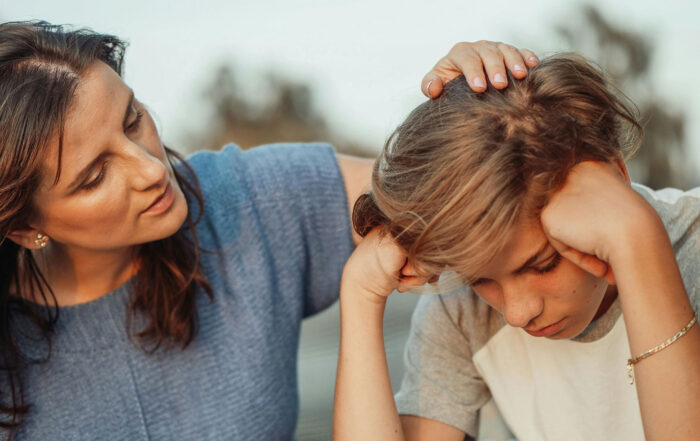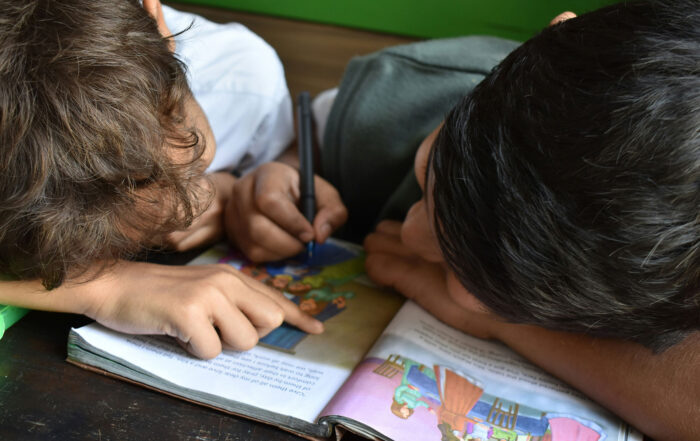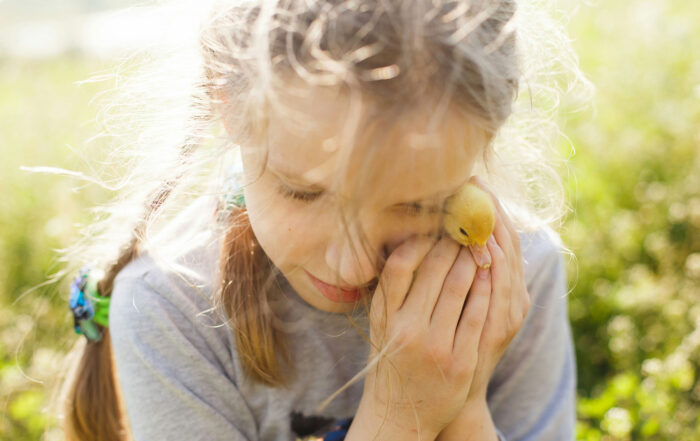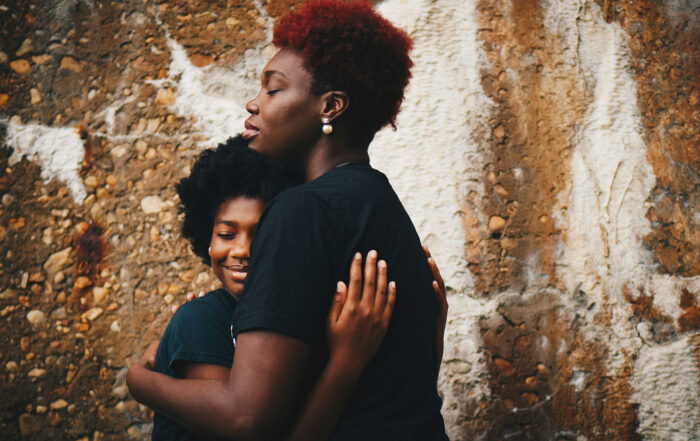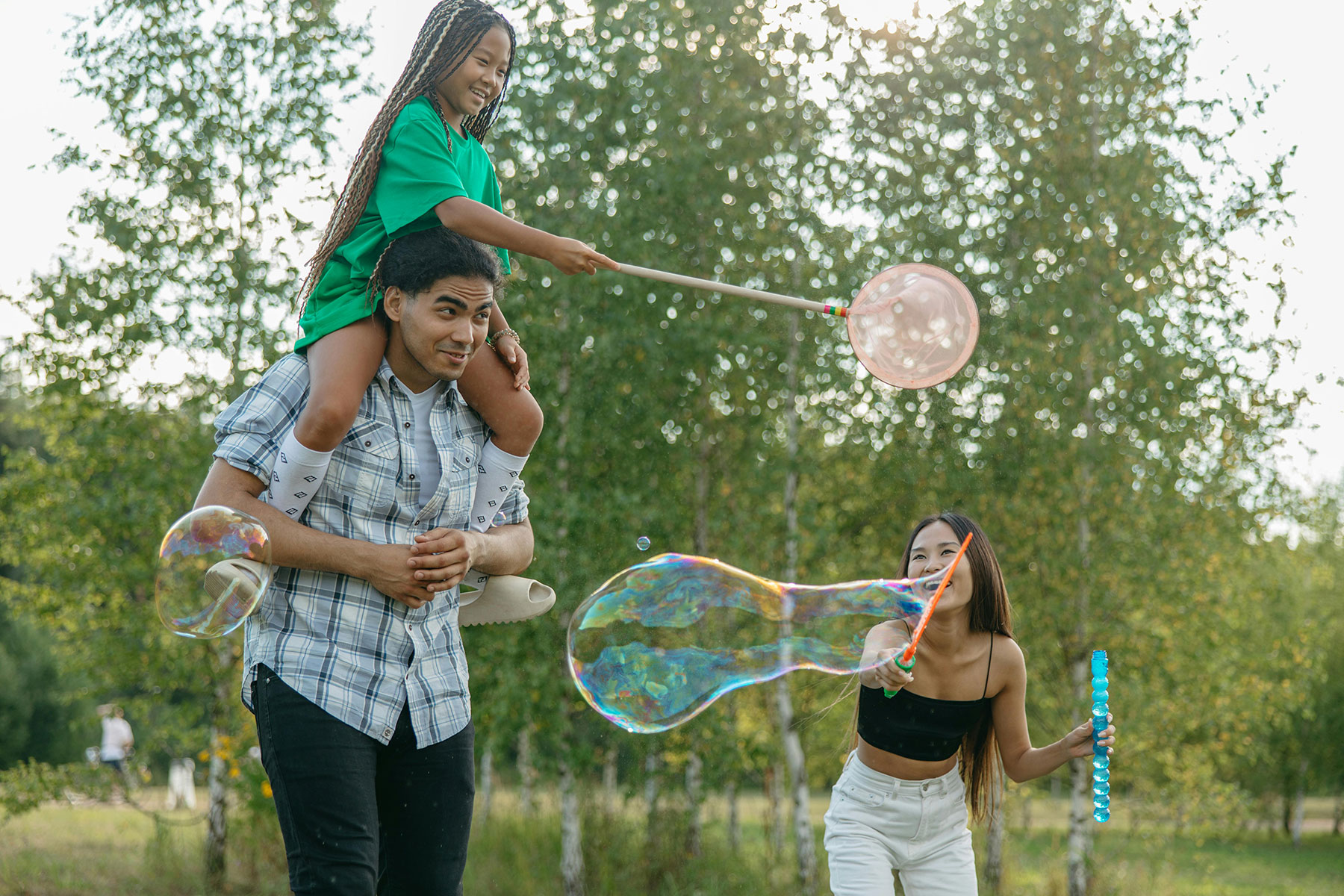
By Stacey Steinberg
Children may be processing the disruptions in their lives right now in ways the adults around them do not expect: acting out, regressing, retreating or even seeming surprisingly content. Parents need to know that all of this is normal, experts say, and there are some things we can do to help.
“Our natural response to scary things is biologically to release stress hormones,” said Dr. Nadine Burke Harris, a pediatrician and surgeon general of the state of California, and the author of “The Deepest Well: Healing the Long-Term Effects of Childhood Adversity.” The release of stress hormones activates our fight or flight response. Our bodies, in responding with the release of stress hormones, are doing exactly what they should be doing.
But in some cases, exposure to stressful events — which right now might include the absence of routines, a parent’s job loss and economic hardship, or the serious illness or death of someone a child cares about — can leave children feeling traumatized.
Share This Post!
Talking to Children About War
Provided by the National Child Traumatic Stress Network The recent tragic events in Israel has impacted many directly who have experienced a personal loss or by witnessing this type of violence trigger [...]
Key Ingredients for Successful Trauma-Informed Care Implementation
By Christopher Menschner and Alexandra Maul, Center for Health Care Strategies Because of the potentially long-lasting negative impact of trauma on physical and mental health, ways to address patients’ history of trauma [...]
What is post-traumatic stress disorder (PTSD)?
By The National Institute of Mental Health Post-traumatic stress disorder (PTSD) is a disorder that develops in some people who have experienced a shocking, scary, or dangerous event. It is natural [...]
InBrief: Early Childhood Mental Health
Published by The Center on the Developing Child, Harvard University The science of child development shows that the foundation for sound mental health is built early in life, as early experiences—which include [...]
At the Intersection of Autism and Trauma
By Lauren Gravitz Having autism can sometimes mean enduring a litany of traumatic events, starting from a young age. “We know that about 70 percent of kids with autism will have [...]
Post Traumatic Stress Disorder in Autistic People
By Dr Freya Rumball The risk of PTSD is higher for groups who are more likely to be exposed to traumatic events. Research indicates that autistic people may be more likely [...]


